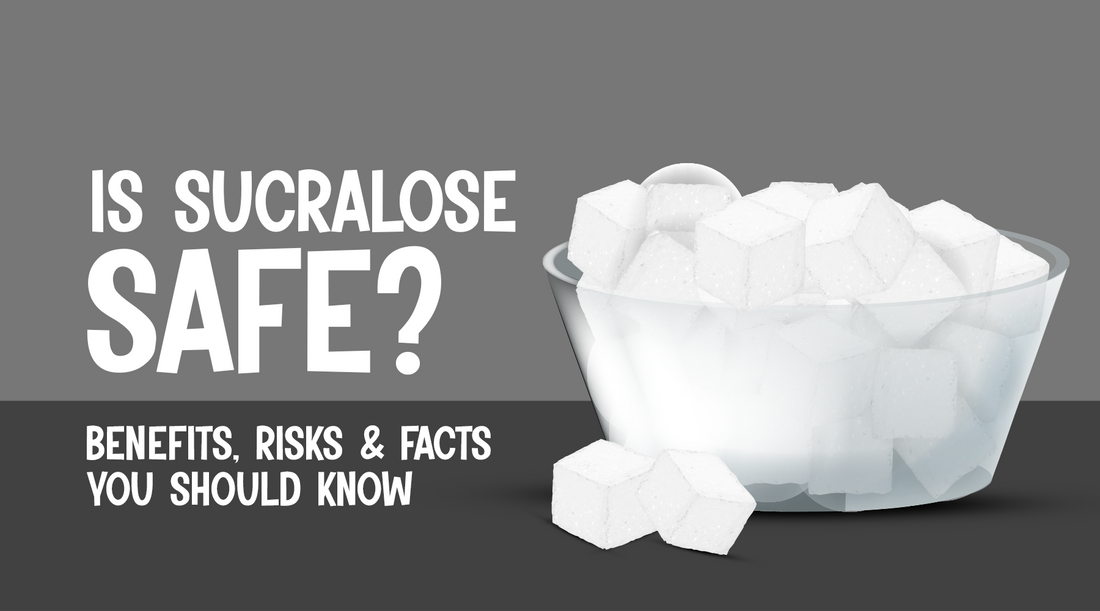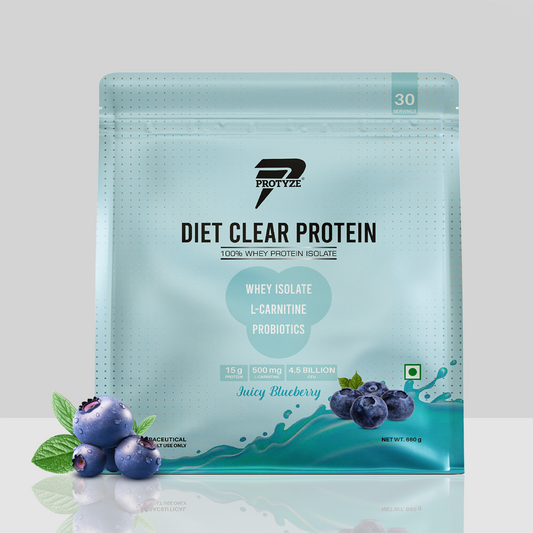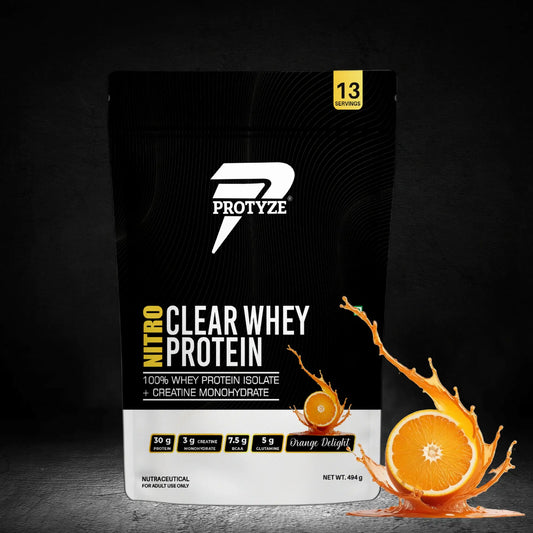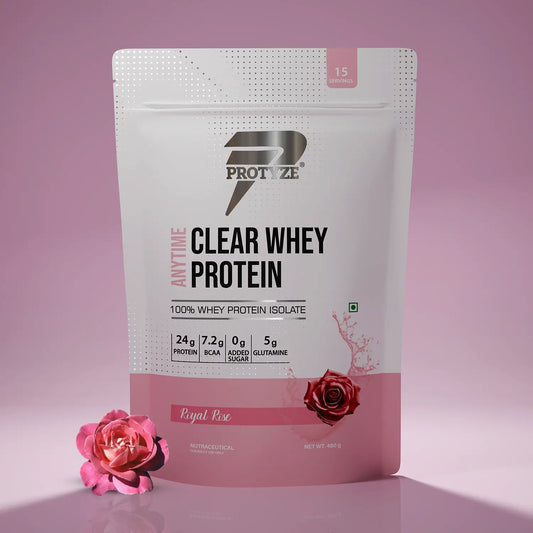Sugar is something we all love, but let’s be honest — too much of it comes with a heavy price. From weight gain to blood sugar spikes, sugar has earned its reputation as something we need to control. That’s where artificial sweeteners like sucralose come in. Marketed as a zero-calorie alternative, sucralose is now everywhere — in protein powders, sugar-free drinks, diet snacks, and even baked goods. It promises the same sweet taste without the calories, but the big question is: is it really safe?
Over the years, sucralose has been both praised for helping with weight management and criticized for its potential side effects. Some see it as a smart tool for cutting down sugar, while others worry about its impact on digestion and gut health. With so much mixed information online, it’s easy to get confused.
In this guide, we’ll break down what sucralose actually is, its benefits, possible risks, and where it fits in your diet — all in simple terms you can trust. By the end, you’ll know exactly whether sucralose deserves a spot in your healthy lifestyle or if you should be cautious with it.
What Is Sucralose?
Sucralose is made by modifying sugar molecules so that your body cannot fully absorb them. This means you get the sweet taste of sugar without the calories. Unlike some natural sweeteners, sucralose is heat-stable, making it suitable for cooking and baking as well.
Benefits of Sucralose
1. Helps Reduce Calorie Intake
Since sucralose has no calories, it’s a useful option for people looking to cut down on sugar while still enjoying sweetness.
2. Supports Weight Management
Replacing high-sugar drinks or snacks with sucralose-sweetened options can help manage weight, especially for those on calorie-controlled diets.
3. Safe for People with Diabetes
Sucralose does not cause a spike in blood sugar levels, making it safe for diabetics when consumed in moderation.
4. Widely Tested and Approved
Health authorities across the world, including the FDA and EFSA, have approved sucralose as safe for use in foods and beverages.
Risks and Considerations of Sucralose
While sucralose is generally safe, there are a few points to consider:
-
Digestive Sensitivity: Some people may experience bloating or discomfort if they consume large amounts of sucralose.
-
Gut Health Concerns: Research is still ongoing, but some studies suggest excessive artificial sweetener use may affect gut bacteria balance.
- Sweetness Dependence: Because it’s much sweeter than sugar, relying heavily on sucralose may keep your body accustomed to very sweet tastes, making natural foods seem less satisfying.
Should You Worry?
For most healthy adults, moderate use of sucralose is safe. The key is balance — just like with any other ingredient. If your diet is otherwise nutrient-rich, using sucralose-sweetened protein powders or drinks can be a practical way to stay on track without excess sugar.
Sucralose in Functional Protein
Many advanced protein supplements use sucralose to provide a clean, refreshing taste without adding unnecessary sugar. For example, Protyze Anytime Clear Whey Protein and Diet Clear Whey Protein are made with sucralose to give you a light, juice-like drink that delivers high-quality protein — without the heavy calories or sugar crash of traditional shakes.
This makes them a smarter choice for people who want to meet their fitness goals while still enjoying delicious flavors.
Final Thoughts
So, is sucralose safe? Yes — when used in moderation, sucralose is a safe, effective way to enjoy sweetness without the calories. It can be especially helpful for people managing weight, controlling blood sugar, or simply looking to cut down on added sugar.
As with anything, balance is key. Focus on whole foods, keep your diet nutrient-rich, and use functional products like clear whey protein as a supplement — not a substitute for a healthy lifestyle.
